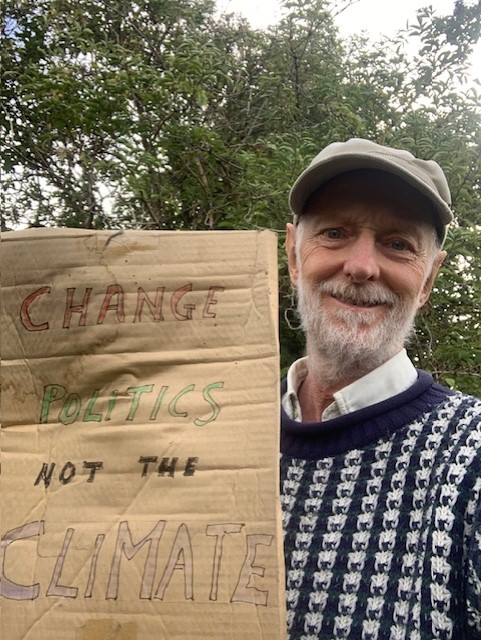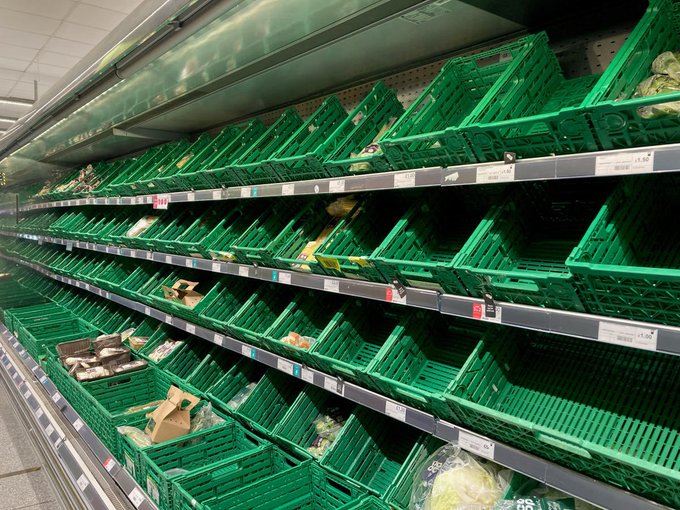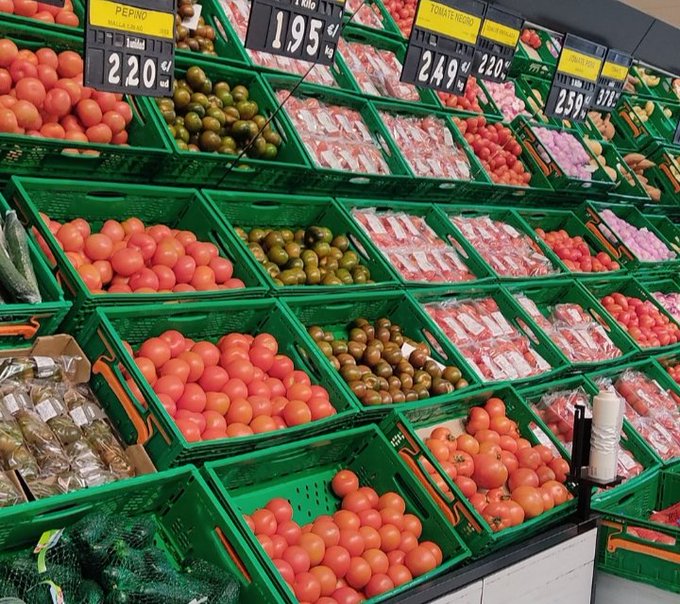
Exploring ‘System Change’ with Richard Priestley. Starting on Thursday 14th September at 7.00pm, St John’s Methodist Church Hall (East St entrance) a monthly series of evenings discussing concepts around creating system change.
The first session will be an envisioning exercise. If extractive, consumer-driven capitalism is destroying the world, then what is the best kind of society that would meet human needs while allowing nature to recover? How does system change occur: what role for protest, innovation and living ethical lifestyles? If we had a lot of money, how could we invest it to solve multiple problems simultaneously?
My plan is for these discussion evenings to be on the 2nd Thursday of the month, starting on Thursday 14th September, then 12th October and 9th November. We may well continue in the New Year if people want to. The idea is that the questions we investigate, and what balance we make between me giving a talk and a more general open discussion, will in large part be determined by how the participants want these sessions to evolve.
Subsequent sessions might focus on themes such as:
What kind of economy (and politics) makes sense, given the realities of the global crisis (climate/biodiversity/inequality)?
Can we feed 8 billion people, while also restoring biodiversity” The answer to this is an emphatic Yes! (With a few very big IF’s and BUT’s)
From ‘The Fossil-Fuel Age’ to ‘The Solar Age’.” This is an exploration about how we move to 100% renewable energy for the whole world, for all uses, from electricity to transport, heating and cooling to industrial processes. (Progress on this front is happening much faster than most people understand.)
These sessions are supported by Herefordshire Friends of the Earth.
For background see my book ‘System Change Now!’ or explore this blog. If you’ve questions e-mail richardjpriestley@hotmail.com


